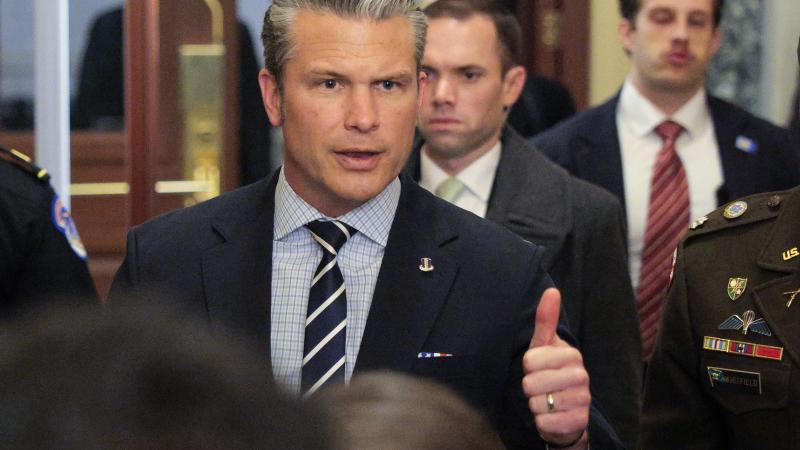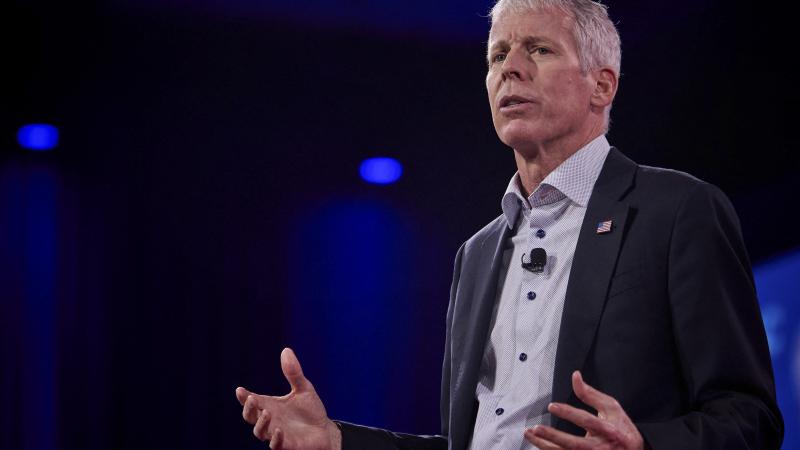Minnesota omnibus legislation proposes universal gun background checks, 'red flag' laws
The legislation also expands definitions of bias crimes and forbids law enforcement from affiliating with hate groups.
Minnesota legislators are instituting universal background checks for handgun sales, further limitations regarding no-knock warrants, "red flag" laws, increase funding for public defenders, reform sentencing, and several other restrictions.
Sen. Ron Latz, DFL-St. Louis Park, Rep. Jamie Becker-Finn, DFL-Roseville, and Rep. Kelly Moller, DFL-Shoreview, led the conference committee that met Wednesday night regarding the measures, via omnibus bills HF2890/SF2909.
The omnibus bills amount to $3.7 billion for the fiscal year 2024-2025 biennium.
The committee decided that judges can only allow no-knock warrants when “the occupant or occupants of the dwelling will present an immediate threat of death or injury to the officers executing the warrant if the officers announce their presence or purpose prior to entering the dwelling,” Session Daily reported. Currently, judges can approve the warrants when police can demonstrate they’re unable to detain a suspect or collect evidence through a knock-and-announce warrant.
The provision for handgun sales require two unlicensed persons to complete a record of transfer on a Bureau of Criminal Apprehension form unless a transfer is made through a federally licensed firearms dealer. Additionally, the "red flag" law would allow family members or law enforcement to prohibit someone from having a gun for a court-appointed period of time.
The budget for civil legal services lawyers, who represent clients in civil cases who meet income qualifications, would rise 85% to a final amount of $30.7 million for the 2024-25 biennium. The state would spend more than 47% more on public defenders. Legislators want to hire about 200 more public defenders. District court judges would receive 8% pay raises in fiscal year 2024 and 4% raises in fiscal year 2025.
The omnibus also includes reforms regarding sentencing, criminal expungement and clemency. The state would establish the Office of Appellate Counsel and Training to provide representation to eligible parents in appeals in juvenile protection matters. It also would create the Office of Restorative Practices and the Office for Missing and Murdered Black Women and Girls. The omnibus establishes and determines penalties for crimes, including carjacking, organized retail theft and disseminating deep fakes depicting sexual acts. Landlords wouldn’t be able to require tenants to declaw or devocalize pets. Hotel rooms would need carbon monoxide alarms.
The legislation also expands definitions of bias crimes and forbids law enforcement from affiliating with hate groups.
















